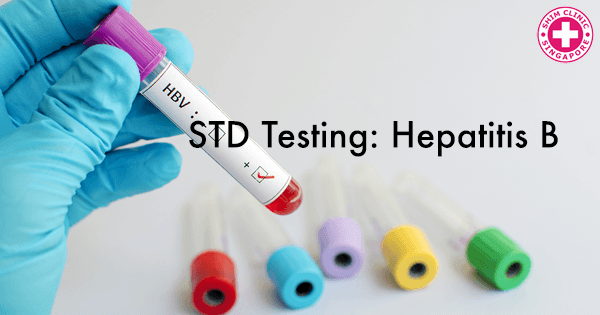Hepatitis B is a sexually transmitted disease caused by the Hepatitis B virus (HBV) that affects the liver causing it to get inflamed. Dr. Baruch Blumberg discovered the hepatitis B virus in 1965 and won the Nobel Prize for this discovery. The virus was at first referred to as the “Australia Antigen” because it was found in an Australian aborigine’s blood sample that reacted with an antibody in the serum of an American haemophilia patient.
Microbiologist Irving Millman and Dr.Blumberg together worked on a blood test for the hepatitis B virus. Later in 1971, blood banks started using the test in 1971 to screen blood donations for hepatitis B. Risks of hepatitis B infections from blood transfusion decreased by 25% after this. A few years after that, the two scientists developed the first hepatitis B vaccine. The first vaccine was a heat-treated form of the hepatitis B virus.
How Hepatitis B is Transmitted
Hepatitis B can be transmitted through blood and body fluids including vaginal fluids and semen and vaginal fluids. You can get the virus through any of these ways:
- Unprotected sex with an infected person, both anal and oral
- Sharing needles with an infected person when injecting drugs
- Using unsterilized tools when getting piercings or tattoos
- Sharing personal items such as razors or toothbrushes with an infected person
It’s important to note that you cannot get the virus through any of these ways:
- Holding or shaking hands with an infected person
- When an infected person coughs or sneezes near you
- Hugging a hepatitis B patient
- Sitting next to a hepatitis B patient
- Sharing utensils with a sick person
Hepatitis B in Pregnancy
There is a possibility of an infected mother infecting her newborn with the virus. Fortunately, it is possible to prevent the baby from getting infected by vaccinating the baby immediately after birth. There are no chances of a baby getting hepatitis B from breast milk.
Symptoms of hepatitis B include:
- Feeling sick
- Poor/lack of appetite
- Tiredness, general aches and pains, and headaches
- Jaundice
In most cases symptoms will not appear immediately and one may not know that they actually have hepatitis B. It takes about 40 and 160 days for symptoms to show after exposure to the virus.
Diagnosing Hepatitis B
To know whether you have hepatitis B, you will need to visit a STD clinic to take a blood test. If the test shows a positive reaction to hepatitis B surface antigen that will mean that your liver is releasing hepatitis B protein into your blood. This suggests chronic infection.
The hepatitis B blood test involves three tests:
- HBsAg (hepatitis B surface antigen) – This test is used to test for the presence of the virus and an infected person will have a “positive” or “reactive” HBsAg test result.
- HBsAb or Anti-HBs (hepatitis B surface antibody) – This test is used to find out if a person is responding to the hepatitis B vaccine positively or they have recovered from acute hepatitis B infection. A positive test result is also an indication that the person is immune to future hepatitis B infection and they are not contagious.
- HBcAb or anti-HBc (hepatitis B core antibody) – A positive test result indicates a prior infection and recovery.
All three tests are necessary in order to determine your diagnosis. Hepatitis B testing should be part of an arsenal of STD testing toolkits in a clinic specialisng in STDs. The doctor might also require a liver function test to find out whether your liver is damaged.
Treating Hepatitis B
There are two types of hepatitis B, chronic and acute. Both will require different types of treatments. Often, acute hepatitis B virus will only stay in the body for about one to three months. Chronic hepatitis B will stay for six months or longer, usually without causing any noticeable symptoms.
Unfortunately as of now the only treatment available for acute hepatitis B is painkillers to relieve symptoms. Chronic hepatitis B treatment, on the other hand, depends on how badly your liver is affected. You can use medications that slow production of the virus and prevent liver damage.
Other Hepatitis Viruses
Do you know there are other forms of hepatitis? Learn the about the ABCs of hepatitis here.

